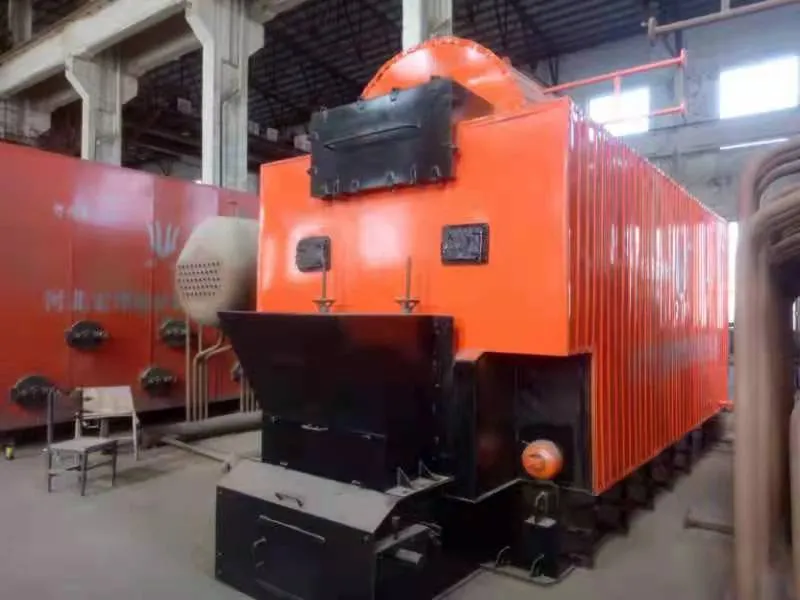
Oct . 02, 2024 06:44 Back to list
Factors Influencing the Thermal Efficiency of Steam Boilers in Industrial Applications
Understanding the Thermal Efficiency of Steam Boilers
Thermal efficiency is a critical factor in the operation of steam boilers, as it directly impacts the performance and economic viability of steam generation systems. It refers to the ability of a boiler to convert fuel into steam while minimizing energy losses. A higher thermal efficiency means more of the potential energy in the fuel is converted into usable steam energy, which is essential for industries that rely heavily on steam for various processes such as electricity generation, heating, and chemical manufacturing.
To fully appreciate the thermal efficiency of steam boilers, it is essential to understand the basic operation of these systems. A steam boiler operates by burning fuel to heat water in a closed vessel, which then produces steam. The steam is often used to drive turbines for electricity generation or as a heat source for industrial applications. The two primary types of steam boilers are fire-tube boilers and water-tube boilers, each with its own design, advantages, and efficiency characteristics.
Typically, the thermal efficiency of steam boilers can be affected by several factors including, but not limited to, the type of fuel used, the design of the boiler, insulation, and the operational practices employed
. For instance, boilers that use high-quality fuels tend to achieve higher efficiency levels due to cleaner combustion processes, which result in lower emissions and better heat transfer.thermal efficiency of steam boiler

One significant aspect of improving thermal efficiency is to minimize heat losses. Heat losses can occur through various means, including flue gas emissions, radiation, and conduction. Modern steam boilers are equipped with advanced technology such as economizers and blowdown heat recovery systems that capture waste heat and use it to preheat incoming feedwater, thereby enhancing overall efficiency. Insulation of hot surfaces and flue gas ducts further reduces heat loss to the environment.
Regular maintenance and monitoring also play a critical role in maximizing thermal efficiency. Over time, deposits such as scale and soot can accumulate on heat transfer surfaces, creating barriers that hinder effective heat exchange. Regular cleaning, tuning of burner systems, and monitoring combustion performance are essential to maintain optimal operation and efficiency.
Moreover, implementing automation and control systems allows for better management of fuel-to-steam conversion processes. Precise control of combustion air and fuel ratios improves the combustion efficiency and thus the thermal efficiency of the boiler. Smart technologies, such as predictive analytics, can optimize performance by analyzing real-time data and making necessary adjustments to reduce energy consumption and emissions.
In conclusion, the thermal efficiency of steam boilers is an essential consideration for industries that utilize steam. By focusing on factors such as fuel quality, boiler design, heat loss reduction, and regular maintenance, facilities can enhance their steam production processes, leading to significant cost savings and a reduced environmental impact. As technology advances, we can expect further improvements in the thermal efficiencies of steam boilers, contributing to more sustainable industrial practices and energy management.
-
Oil Fired Hot Water Boilers Sale - High Efficiency & Affordable
NewsJul.31,2025
-
High-Efficiency Commercial Oil Fired Steam Boiler for Industry
NewsJul.30,2025
-
High-Efficiency Biomass Fired Thermal Oil Boiler Solutions
NewsJul.30,2025
-
High Efficiency Gas Fired Thermal Oil Boiler for Industrial Heating
NewsJul.29,2025
-
High-Efficiency Gas Fired Hot Water Boiler for Sale – Reliable & Affordable
NewsJul.29,2025
-
High Efficiency Biomass Fired Hot Water Boiler for Industrial and Commercial Use
NewsJul.29,2025
Related PRODUCTS






















